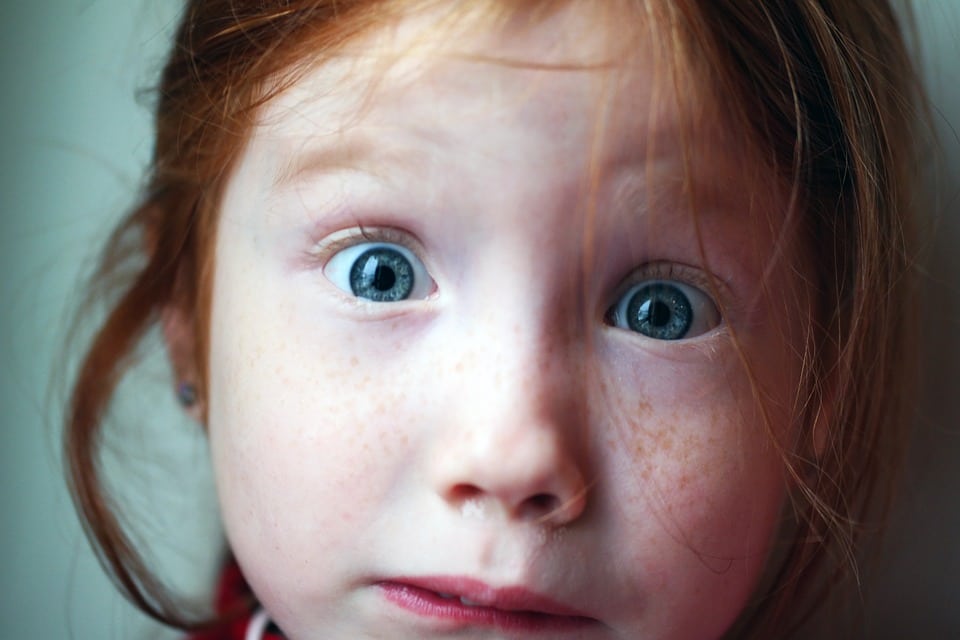Parents of kids diagnosed with attention-deficit disorders have varying challenges in their day-to-day life. First of all, you might find your kid to be inattentive, hyperactive and impulsive. Your kid might have a hard time sitting still, paying attention or controlling their behavior. It’s okay. You are certainly not alone. If you are concerned that your child may have an attention-deficit disorder, contact your kid’s health care practitioner or make an appointment with a child behavior specialist.
The University of Maryland Medical Center found that 8-12% of all school-aged children have been diagnosed with ADHD (attention-deficit/hyperactivity disorder). According to the UM Medical Center, symptoms typically appear by age 7. Additionally, an estimation of half of all children with ADHD carries their symptoms into adulthood.
Medication for Attention-Deficit Disorders
Treating kids with medication is controversial. Children with attention-deficit disorders may be given a number of prescription meds to treat this behavior disorder, including Ritalin, Adderall, Vyvanse, etc. While these can be suitable treatments for some kids, drugs can also sometimes be more risk than benefit. Most importantly, studies show that medication is most successful when paired with some kind of therapy or treatment.
However, some kids need medication in order to be successful in their pursuits. Though you may dislike the idea of putting your kid on medication, it may the best option for their health, happiness, and wellness. Your pediatric healthcare provider will help you to determine if it is time to try medication.
Non-Medicated Options
We at GHT recommend caution when considering treating your kid with medication. Studies support some less-invasive treatments as a treatment for attention-deficit disorders. Try an altered diet, supplements, herbal remedies, homeopathic remedies, as well as massage and relaxation techniques.
The University of Maryland reports that teenaged boys treated with at least 15 minutes of massage for 10 consecutive days showed improvement in behavior and concentration. Therefore, try finding physical activity to help treat some symptoms of attention-deficit disorders.
Also, some parents attempt a food elimination diet in order to find foods that could be triggering certain behaviors. Some children had increased hyperactivity after eating food with additives or artificial food coloring. Studies related to sugar and ADHD are generally non-conclusive. However, some research suggests that excessive sugar intake can alter brain signaling and worsen some symptoms of attention-deficit disorders.
Supplements & Remedies
Magnesium
- Decreases irritability
- Helps with the attention span
- Lessens mental confusion
Vitamin B6
- Helps make and use certain brain chemicals affected by ADHD children
Zinc
- Helps regulate brain activity
Essential Fatty Acids
- Play a key role in normal brain function
Good Herbal Remedies for Attention-Deficit Disorders
- Chamomile
- Valerian
- Lemon Balm
- Passionflower
- Gingko
- Ginseng
Homeopathic Remedies for Attention-Deficit Disorders
- Stramonium (helps children fearful at night)
- Cina (irritability)
- Hyoscyamus niger (poor impulse control, excessive talking or over-exuberance)
Studies also showed that supplementation and herbal intake could potentially help with any symptoms. It must be noted that any treatment should first be discussed with your child’s practitioner. Additionally, taking certain medications with supplements could have negative impacts on your child’s health. Finally, contact your pediatric healthcare professional for more information.
In conclusion, for questions or comments, respond to this blog or contact us!




